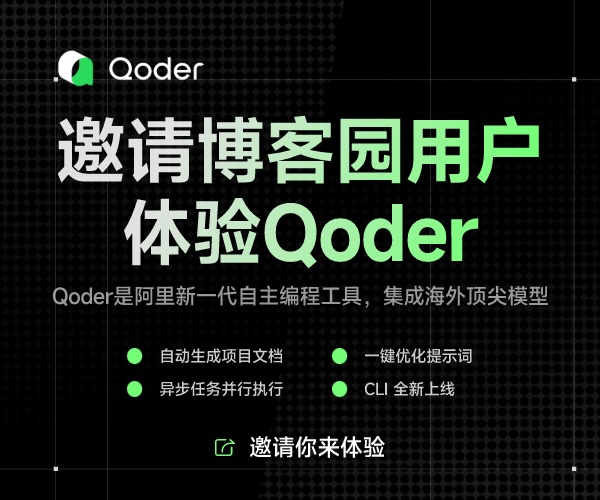The means of Gotcha
From Wikipedia, the free encyclopedia
Gotcha is a Slang term derived from the phrase "I got you", usually referring to an unexpected capture or discovery. It may refer to an unexpected or unintuitive, but documented, behavior in a computer system( as opposed to a bug). It may also refer to many other things, they are omitted in this paper.
A gotcha is a detrimental condition (usually of a contract or agreement) that is designed to sneak past the other party. For example, many "free" Credit Report sites have "gotchas" that automatically sign you up for a monthly credit report service unless you explicitly cancel. "Gotcha" is also a frequently used programming term.
Programming gotchas
In programming, a gotcha is a feature of a system, a program or a programming language that works in the way it is documented but is counter-intuitive and almost invites mistakes because it is both enticingly easy to invoke and completely unexpected and/or unreasonable in its outcome.
Gotchas in the C programing language
Equality operator
The classic gotcha in C is the fact that
 if (a=b) code;
if (a=b) code;
is syntactically valid and sometimes even correct. It puts the value of b into a and then executes code if a is non-zero. What the programmer probably meant was
 if (a==b) code;
if (a==b) code;
which executes code if a and b are equal.
Function calls
In C and C++, function calls that need no arguments still require parentheses. If these are omitted the program will still compile, but will not produce the expected results. For example:
 #include <iostream>
#include <iostream> using namespace std;
using namespace std; int myfunc(){
int myfunc(){ return 42;
return 42; }
} int main (){
int main (){ cout << myfunc;
cout << myfunc; return 0;
return 0; }
}
The program will only display the expected result (the string 42) if the form cout << myfunc(); is used. If the shown form cout << myfunc; is used, the address of the function myfunc is cast to a boolean value, and the program will instead display the string 1.
Gotchas in the C++ programing language
Initializer lists
In C++, it is the order of the class inheritance and of the member variables that determine the initialization order, not the order of an initializer list:
 #include <iostream>
#include <iostream> class CSomeClass
class CSomeClass {
{ public:
public: CSomeClass(int n)
CSomeClass(int n) {
{ std::cout << "CSomeClass constructor with value ";
std::cout << "CSomeClass constructor with value "; std::cout << n << std::endl;
std::cout << n << std::endl; }
} };
}; class CSomeOtherClass
class CSomeOtherClass {
{ public:
public: CSomeOtherClass() //In this example, despite the list order,
CSomeOtherClass() //In this example, despite the list order, : obj2(2), obj1(1) //obj1 will be initialized before obj2.
: obj2(2), obj1(1) //obj1 will be initialized before obj2. {
{ //Do nothing.
//Do nothing. }
} private:
private: CSomeClass obj1;
CSomeClass obj1; CSomeClass obj2;
CSomeClass obj2; };
}; int main(void)
int main(void) {
{ CSomeOtherClass obj;
CSomeOtherClass obj; return 0;
return 0; }
}
posted on 2007-09-15 22:50 志華 閱讀(1022) 評(píng)論(4) 編輯 收藏 引用


